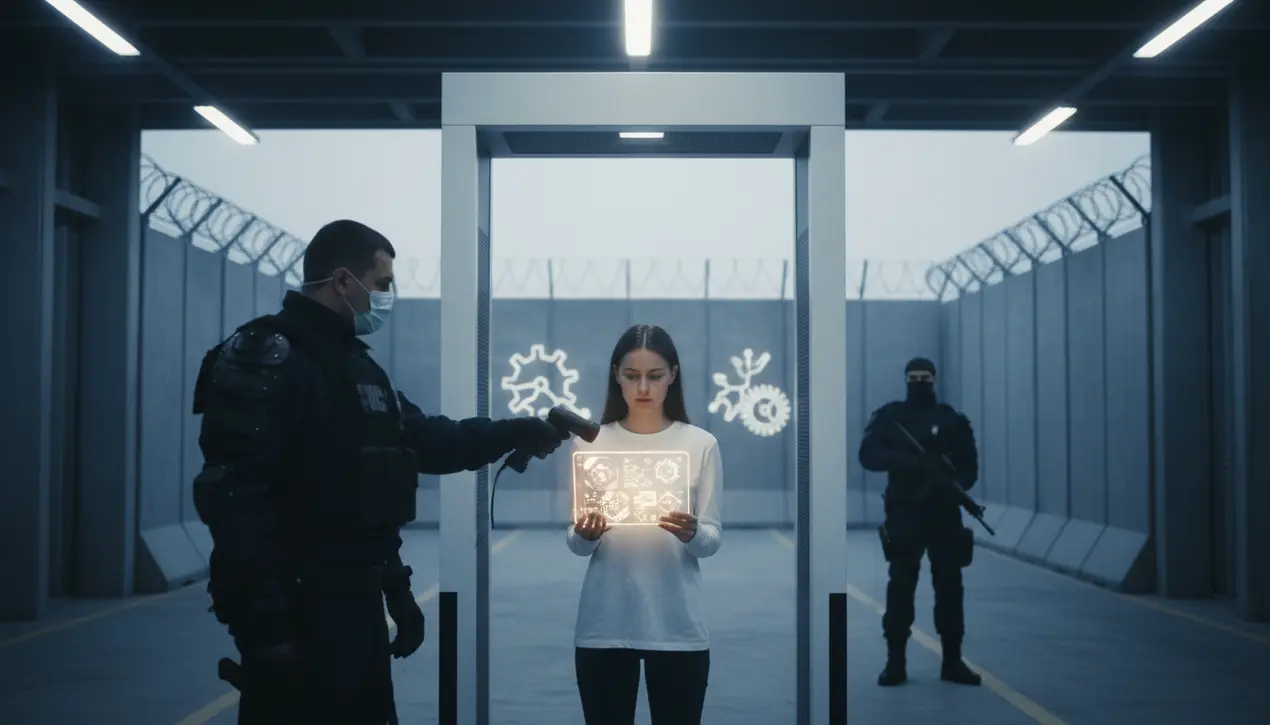- News
- protests-movements
- The Threat of a Better Tomorrow: Why Utopian Visions Face Institutional Backlash

Politicsprotests & movementsMass Demonstrations
The Threat of a Better Tomorrow: Why Utopian Visions Face Institutional Backlash
MI
Michael Ross
17 hours ago7 min read
In a curious reversal of logic, envisioning a more equitable and sustainable future is increasingly treated as a subversive act. This dynamic, which would feel at home in a dystopian narrative, is a real-world systemic response.Proposals that challenge the foundational assumptions of our current economic and political order are met not with open debate, but with institutional suspicion and public unease. The pattern is historical: from the Enlightenment's challenge to monarchical power to the civil rights movement's demand for justice, every progressive leap was initially branded as a dangerous destabilizing force by the era's establishment.Today, digital echo chambers and algorithmic filtering accelerate this process. Ideas like a post-capitalist economy, a universal basic income, or large-scale ecological restoration are quickly re-categorized from policy proposals into existential threats to national security and economic stability.The core anxiety is obsolescence; a genuinely improved world would inevitably make current power hierarchies, specialized expertise, and accumulated capital less relevant. This triggers a powerful defensive reaction from those whose identities and fortunes are inextricably linked to the perpetuation of the status quo.This creates a perilous feedback loop from a policy and ethics standpoint: the more a vision is perceived as threatening, the more it is suppressed, and that suppression in turn fuels the very disillusionment and radicalism that authorities claim to be preventing. We witness this in legislation aimed at curbing critical education, in corporate lobbying against meaningful climate policy, and in the surveillance of activist groups—all justified as necessary measures to protect society from a future they have preemptively defined as dangerous.The profound irony is that this defensive posture may be the single greatest threat to our collective security, as it stifles the innovative and imaginative thinking required to navigate the polycrises of inequality and ecological breakdown. The central challenge is therefore twofold: we must not only imagine a better world, but also construct the ethical and political frameworks where such imagination is recognized not as a threat, but as society's most pragmatic and essential form of risk management.
#editorial picks news
#social criticism
#political dissent
#imagination
#future
#activism
#society
#threat
Stay Informed. Act Smarter.
Get weekly highlights, major headlines, and expert insights — then put your knowledge to work in our live prediction markets.
Comments
Loading comments...
© 2025 Outpoll Service LTD. All rights reserved.